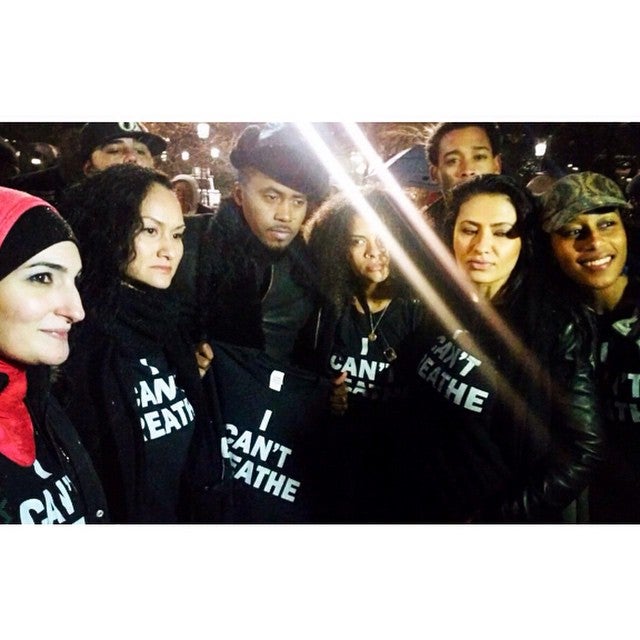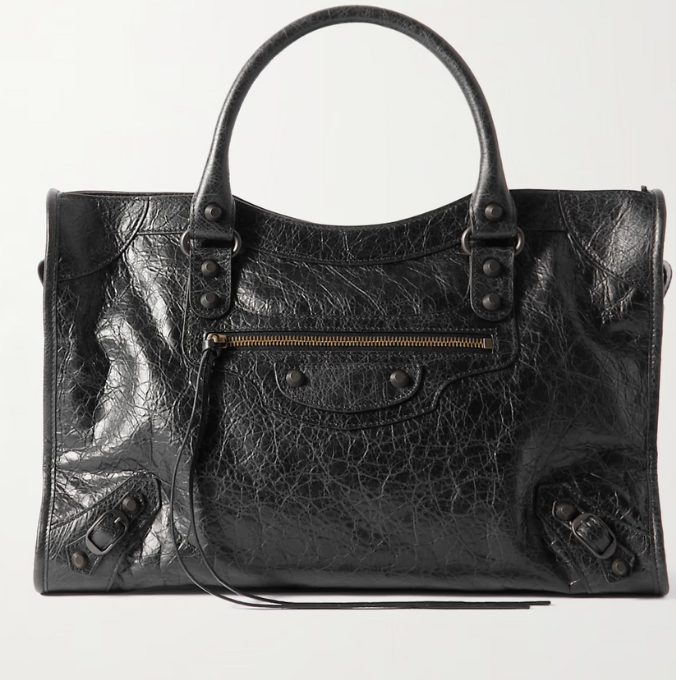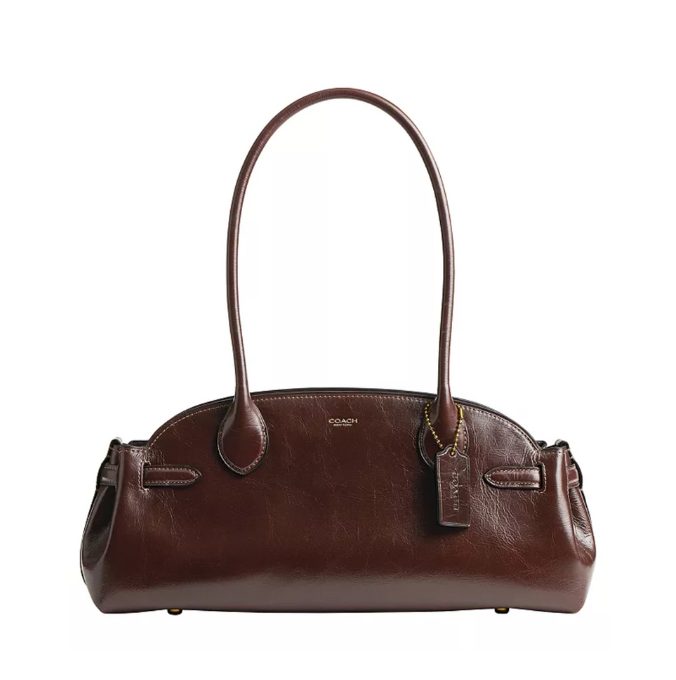
After a Thursday screening of his documentary film, Time Is Illmatic, rapper Nas spoke to the audience about how hip-hop artists’ can uplift the Black community and cause real social change, and also how they can do a better job.
“If we are as artists are going to get back into doing things like activists, then we need to take some serious time off from music to do that. That’s something that I struggle with daily,” he said.
Nas was spotted at a protest in New York City earlier this week, holding an “I Can’t Breathe” t-shirt to show solidarity with those demanding justice after the police killing of Eric Garner. Even though he acknowledges that hip-hop can influence our culture, he doesn’t think today’s musicians are going to be the only ones to make lasting social change.
“The responsibilities of the whole neighborhood fall on the entertainers in a way that’s not fair. As far as really going out there and making a change for the community, that’s asking hip hop artists to be something that we are really not. That’s something I haven’t seen done by musicians of any genre.” Nas said.
Some musicians have indeed stepped up to take a stand on social issues. Earlier this week, Jay Z and Russell Simmons met with New York Governor Andrew Cuomo to discuss revising the criminal justice system. Last month, singer Solange postponed the release of her sneaker line for Puma as part of a Black Friday boycott.
Nas does believe, however, that hip hop music helps uplift struggling communities beyond protests and political activism. Hip hop is motivating young people of color to become entrepreneurs.







“At least they’re starting to think about business, rather than before in the hip hop game, no one was thinking business on the streets. Unless it was illegal business,” he said. “Now people are going from the streets to realizing that you can be a Cash Money Records, you can be a Bad Boy. So the community has already changed.”
But he still knows there’s far to go. Nas has his own ideas about how he personally could help young Black men in his old neighborhood of Queensbridge, New York, where he grew up and into the rap game.
“I want to go back to my neighborhood and grab 50 good guys have a talk with them about me bringing them into any kind of business and changing them into businessmen,” he said. “Seeing what happens over the course of a few years, give them the resources, introduce them to people, and seeing how that would change things.”






